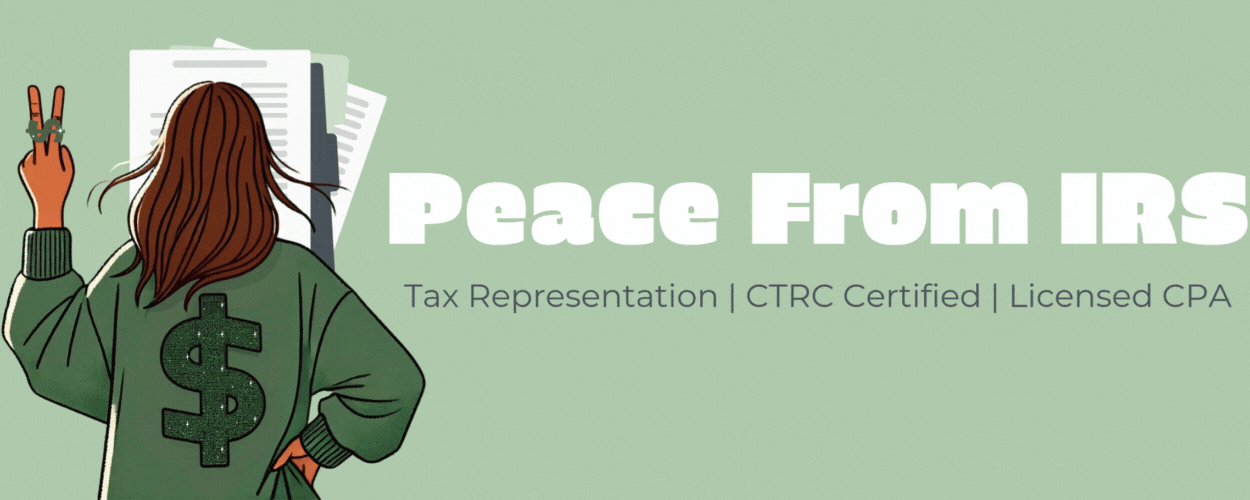What is Reasonable Compensation?
pieCFOmind & Peace From IRS have recently partnered with RC Reports to offer Reasonable Compensation analysis for S Corp tax clients. This tool can also be used for businesses that aren't S Corps to help optimize tax planning by evaluating the best entity choice for your company.
What is Reasonable Compensation?
Reasonable Compensation is the amount that would ordinarily be paid for similar services by similar enterprises under similar circumstances.
It is based on the value of the service provided, not profits or distributions.
Wages (Reasonable Compensation) should be paid before distributions and must be paid via W-2.
A shareholder-employee can take wages without taking a distribution, but not vice versa.
A shareholder-employee who does not want to take Reasonable Compensation can refuse all compensation and play “catch-up” in a later year.
How Do You Calculate Reasonable Compensation?
The IRS defines three approved approaches to calculate Reasonable Compensation: the Cost Approach, Market Approach, and Income Approach.
Helpful Tips:
Run a Reasonable Compensation analysis every year.
Document your Reasonable Compensation figure.
Use unbiased data.
What Happens if I Don’t Take Reasonable Compensation?
If you don’t take Reasonable Compensation but you do take distributions from the business, you are opening yourself up to potentially large financial consequences including back taxes, penalties, and interest levied by the IRS.
Our Services:
Reasonable Compensation Analysis: $250
Entity Selection Evaluation: $150
Contact us for more information.
Disclaimer:
This information is intended for general informational purposes only and does not constitute tax or legal advice. Please consult with a qualified professional for advice regarding your specific situation.
